SUMMARY
Kaiju No. 8, inspired by Shin Godzilla, explores monsters & disasters in a lighthearted shōnen manga.
Matsumoto’s personal struggles resonate in the protagonist Kafka, leading to the manga’s success.
The anime adaptation by Production I.G. and Studio Khara fulfills Matsumoto’s dream and inspires fans.
Kaiju No. 8 is the long-awaited work of Naoya Matsumoto, which achieved great success by being a groundbreaking story that subverts popular tropes while at the same time featuring themes that fans love about shōnen. Kaiju No. 8 is a story of perseveration that shares common elements with hit animes like Naruto but also with Attack on Titan, since its premise of the protagonist Kafka Hibino having the ability to transform into a kaiju, the same creature he’s seeking to fight, and wishing to fulfill his dream of protecting his country reminds fans of Eren Yeager’s very own tragedy story.
However, these stories couldn’t be more different, since Kaiju No. 8 is more lighthearted than AOT, and the protagonist isn’t a kid but a 32-year-old man who works for a company that cleans up kaijus. This unique setting that appeals to both shōnen and MonsterVerse fans has made viewers question the inspiration behind Kaiju No. 8.
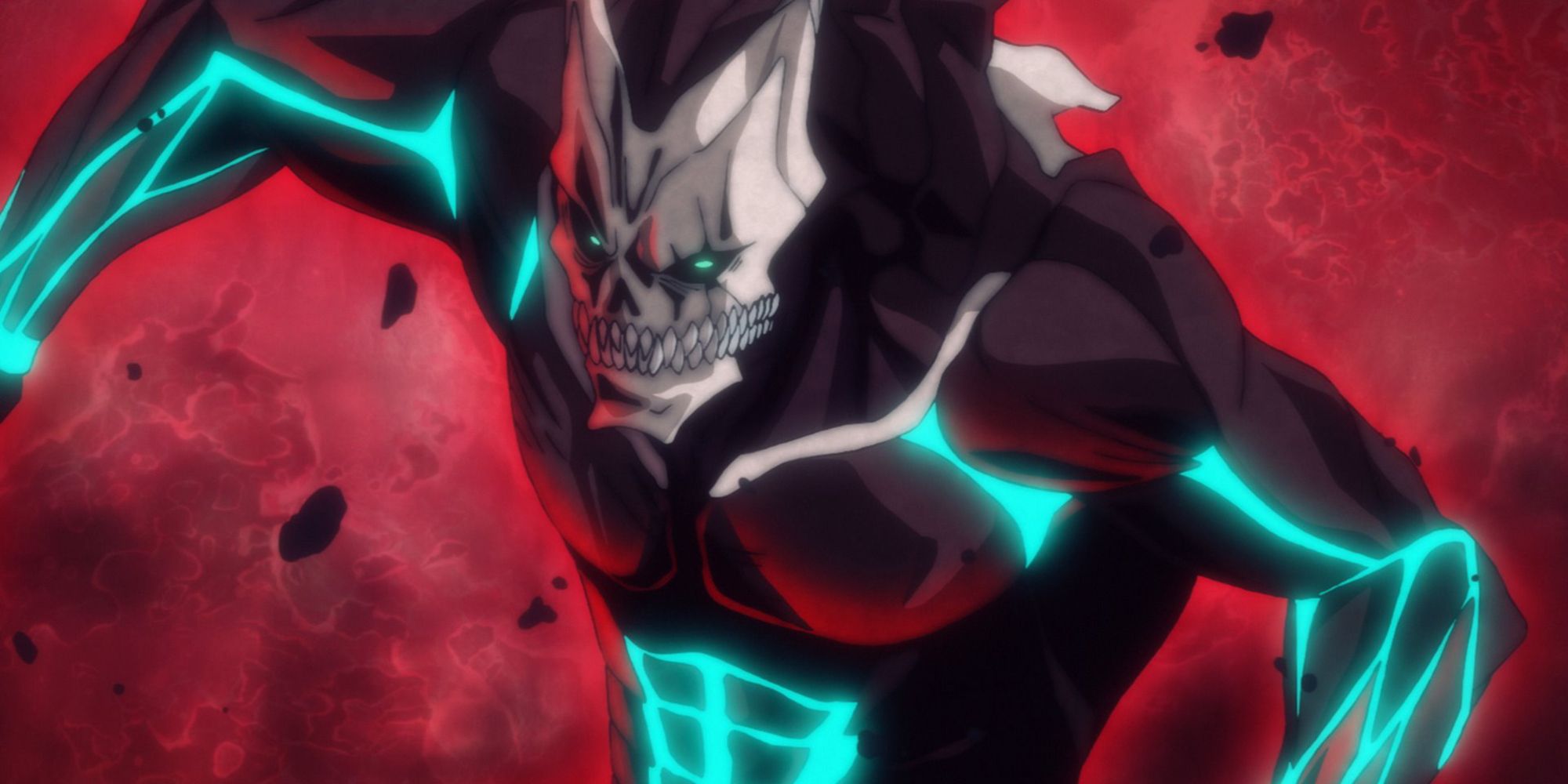
The answer came in a recent interview with Kaiju No. 8’s author, who revealed the biggest influence of the series: Shin Godzilla, the 2016 movie directed by Evangelion‘s creator Hideaki Anno.
Shin Godzilla Inspired Kaiju No. 8’s Author to Stand Out Kaijus Disasters
Hideaki Anno’s Movie Gave Kaiju No. 8′s Author the Idea of Linking Giant Monsters With Disasters.
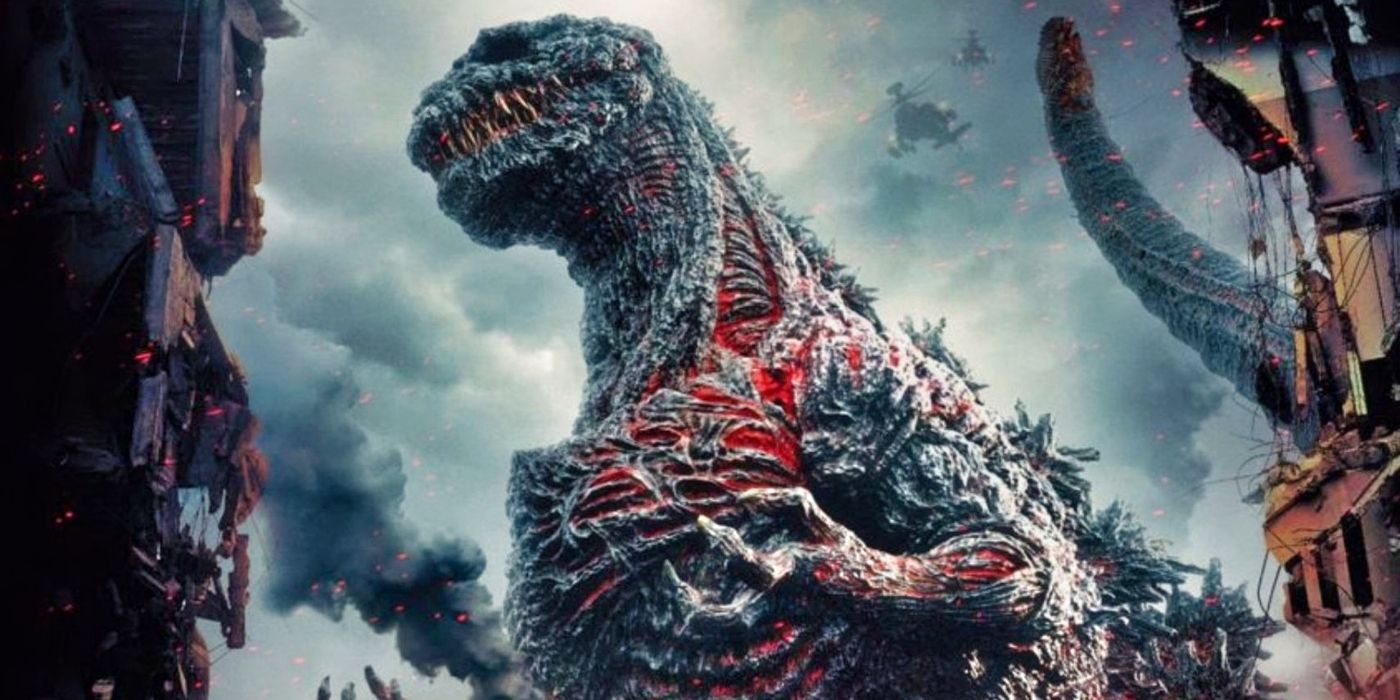
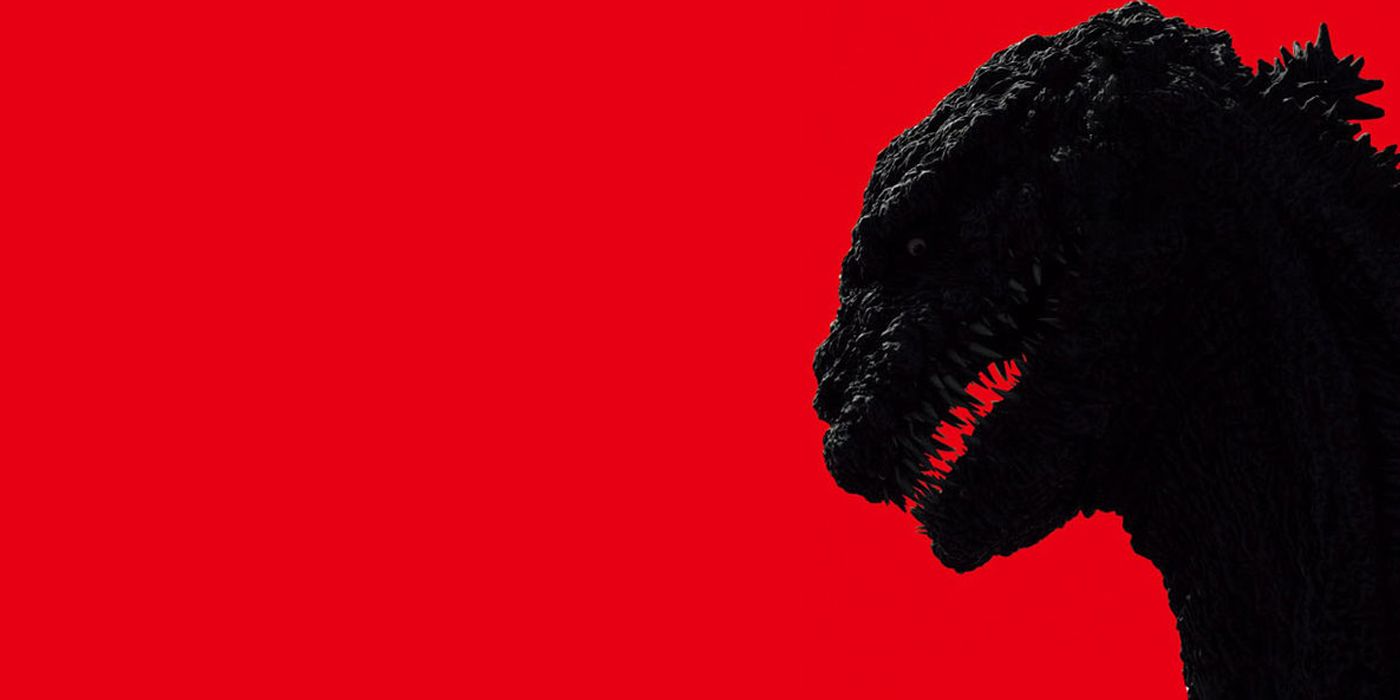
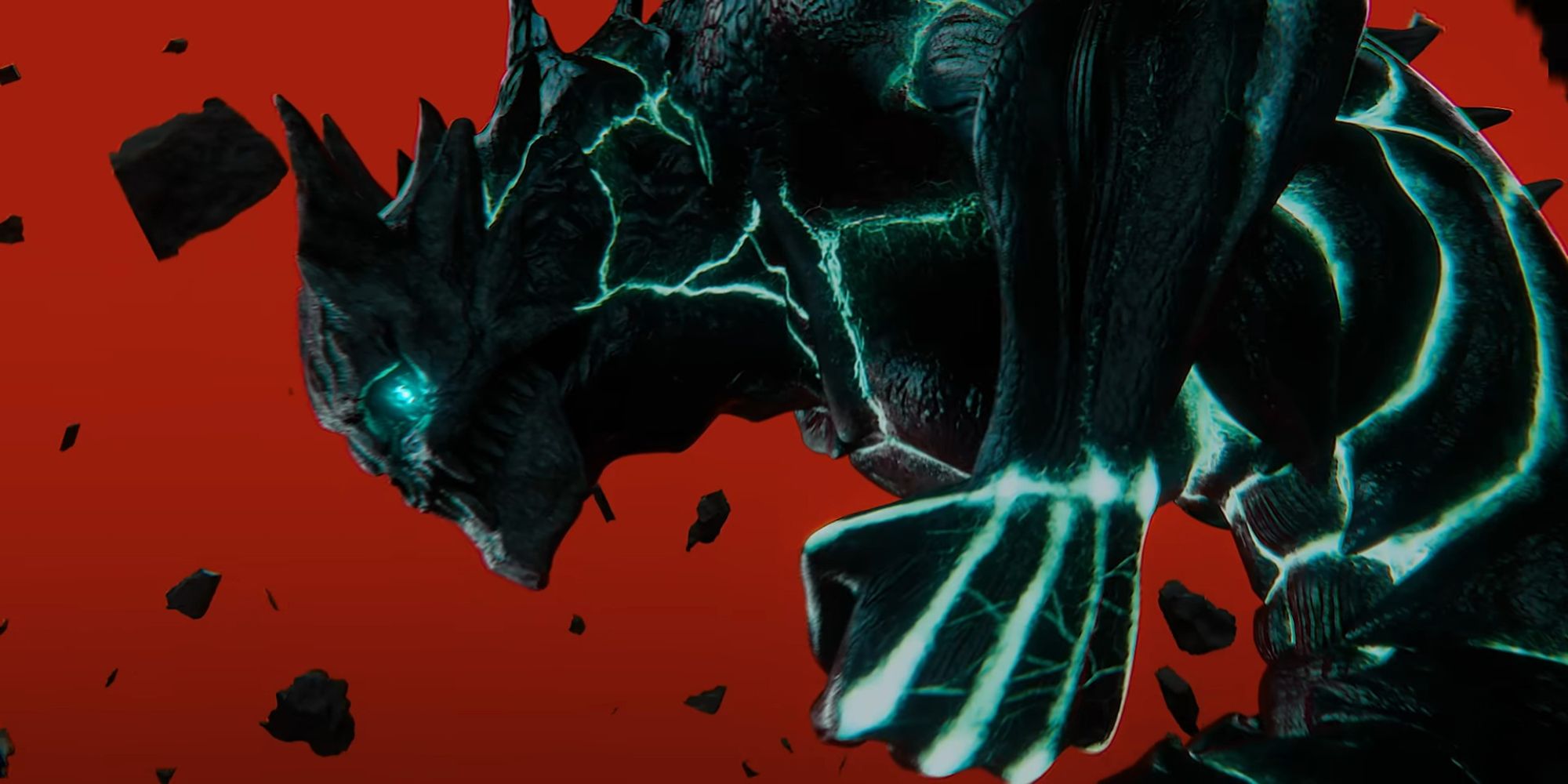
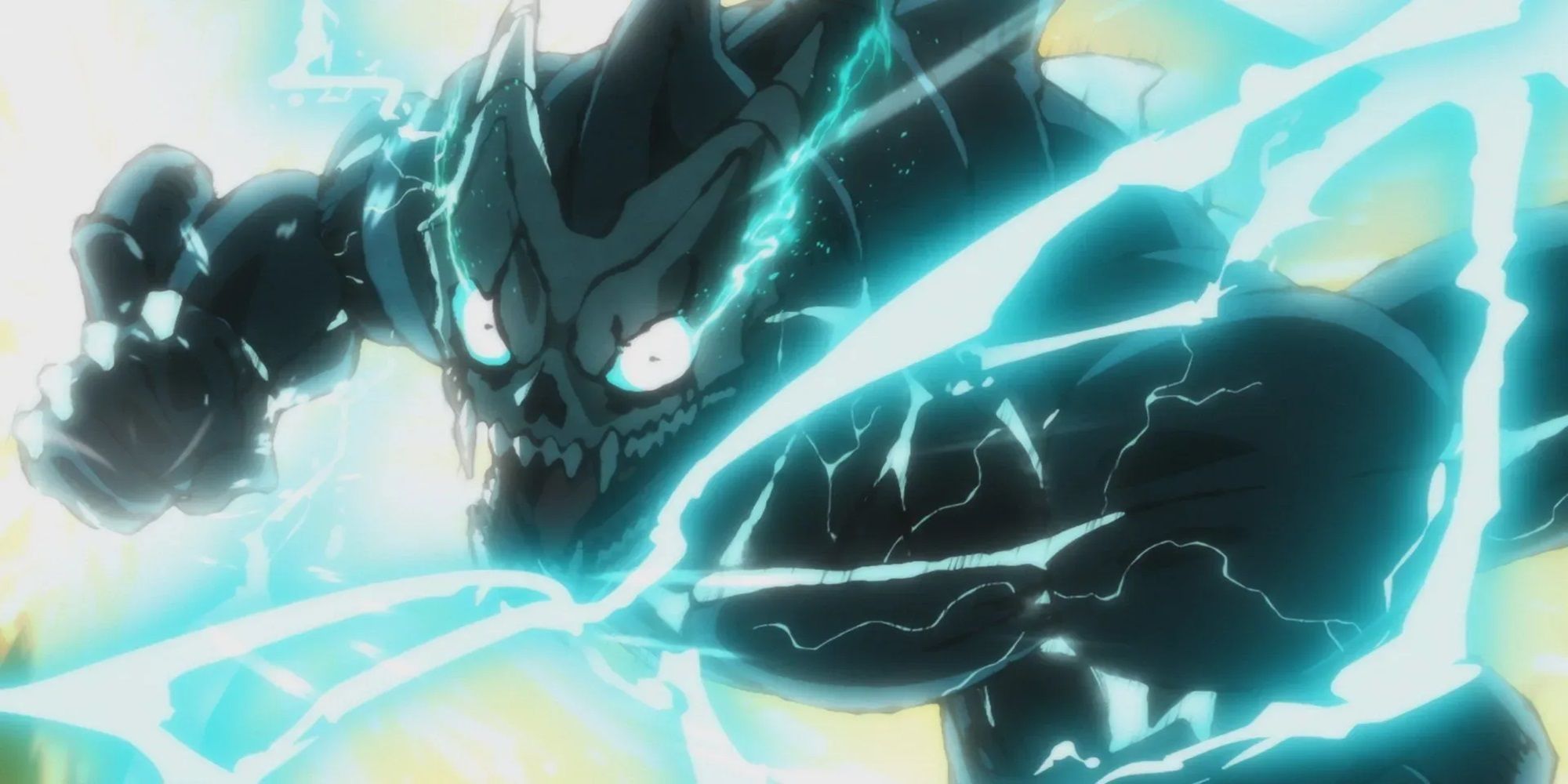
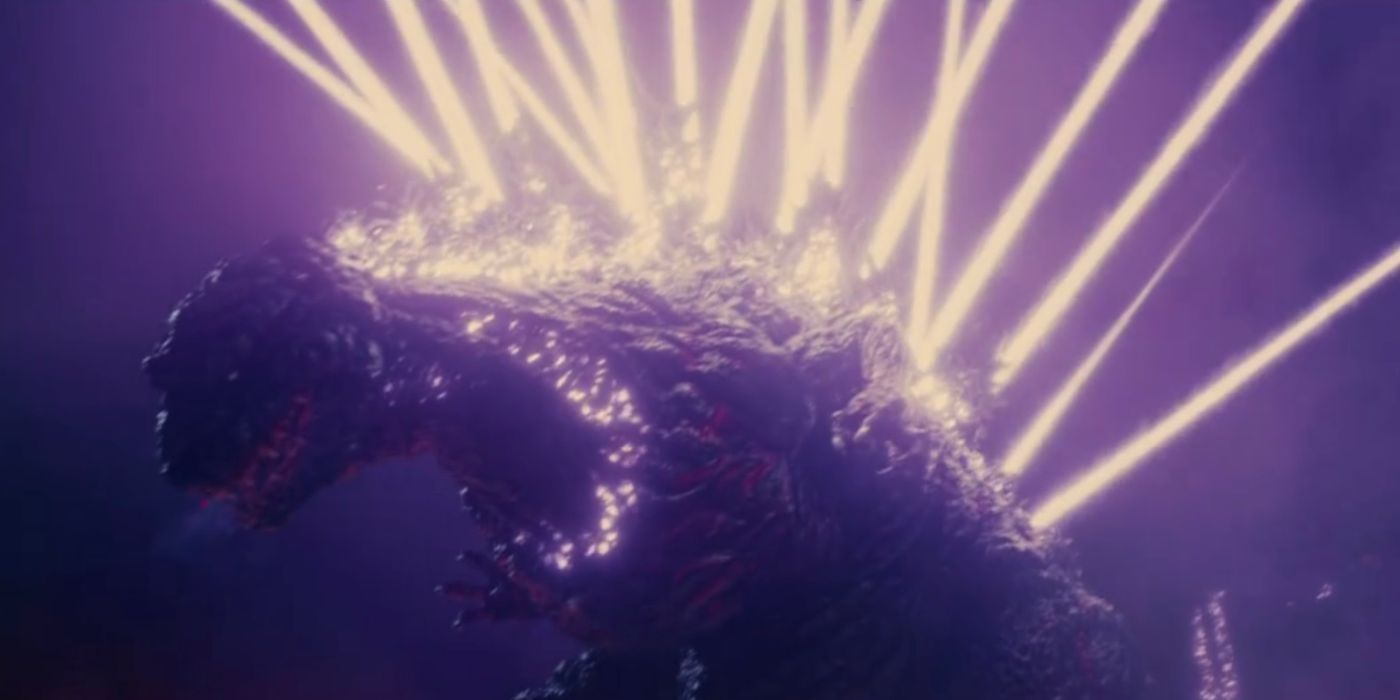





Naoya Matsumoto revealed in an interview for Weekly Bunshun the behind-the-scenes story of the writing and setting of his work, Kaiju No. 8, where he admitted that watching Shin Godzilla by the legendary directors of Evangelion, Hideaki Anno and Shinji Higuchi, inspired him to create the manga.
After watching the movie “Shin Godzilla,” I was once again struck by the intriguing “disaster aspect” of monsters. From there, I expanded the setting to make it more interesting as a manga world.
This revelation shouldn’t come as a surprise to fans, since Kafka’s Kaiju form clearly reminds of Godzilla, the Kaiju by excellence and king of monsters. Additionally, Shin Godzilla is the most terrifying and dark but also the most compelling version of the monster and is the film in the franchise that delves more into the indomitable Japanese resolve and spirit to face disaster, using the 2011 Tohoku earthquake, tsunami, and the following nuclear accident of Fukushima Daiichi as inspiration.
Kaiju No. 8‘s author took a risk by wanting to explore the dynamics of monsters and disasters in a shōnen manga because it was a genre that had reaped few hits in that format, but what warranted the series to become a hit was basing the protagonist on himself. Matsumoto has transformed his own struggles and frustrations as a 30-year-old who hadn’t reached his dream into a work that resonates with a wide audience. The inspiration found in Shin Godzilla and the personal connection with its protagonist have been key to the creation of the story and its success.
Kaiju No. 8 has the Blessing of Hideaki Anno
Kaiju No. 8 Author’s Own Story is as Inspirational as Kafka Hibino’s
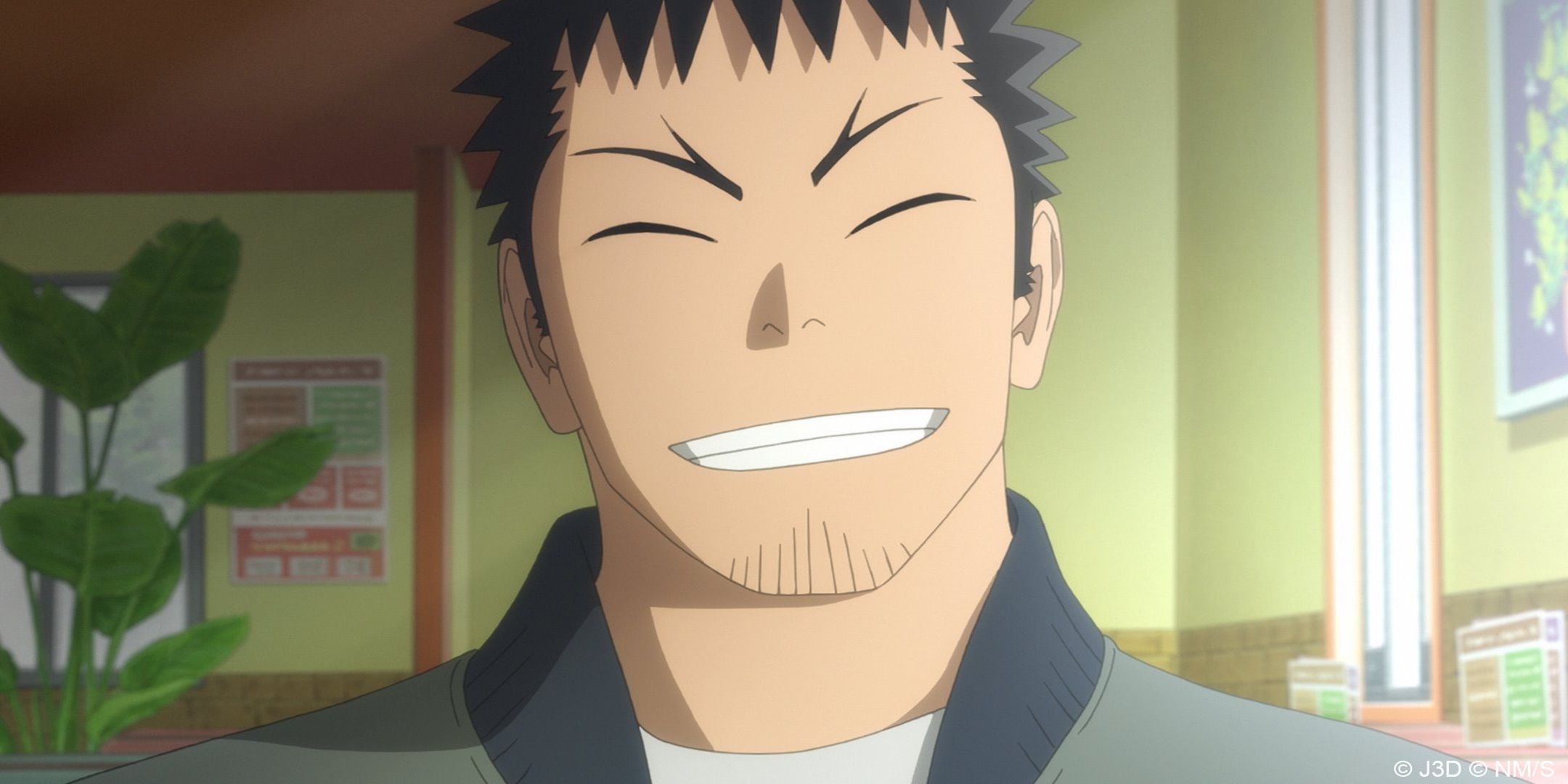
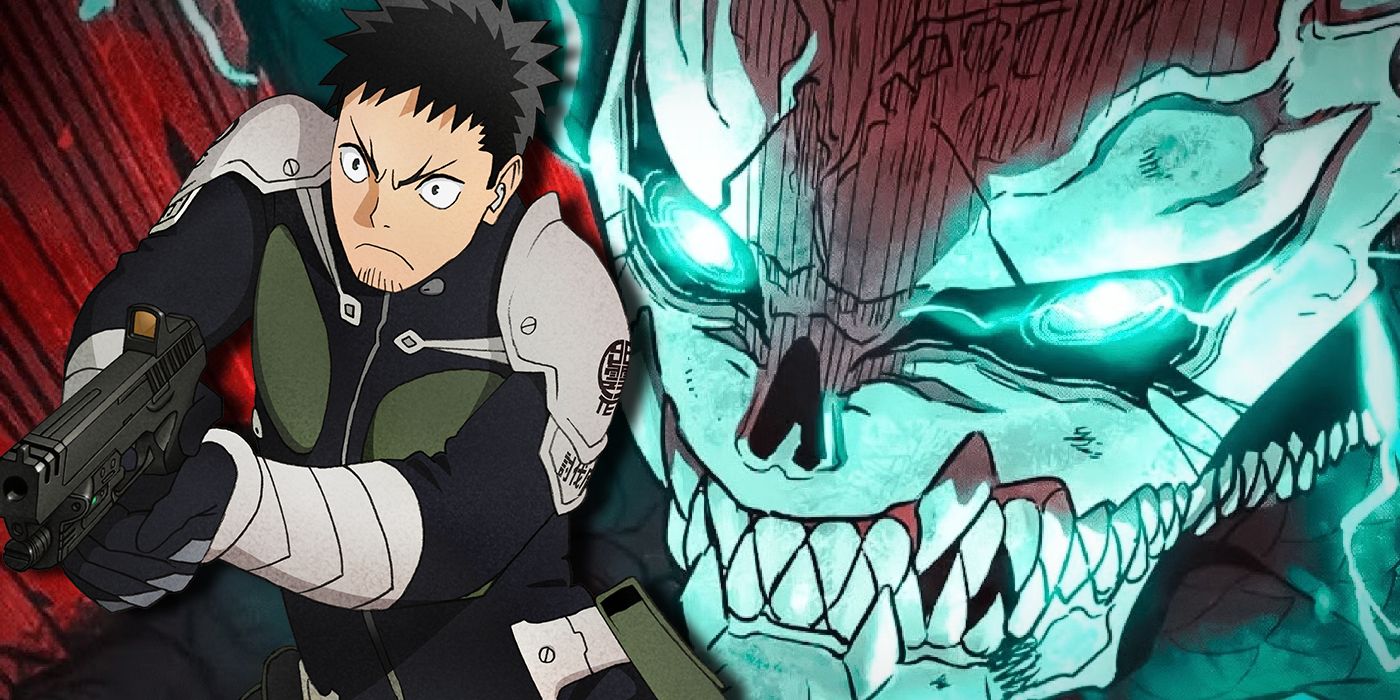
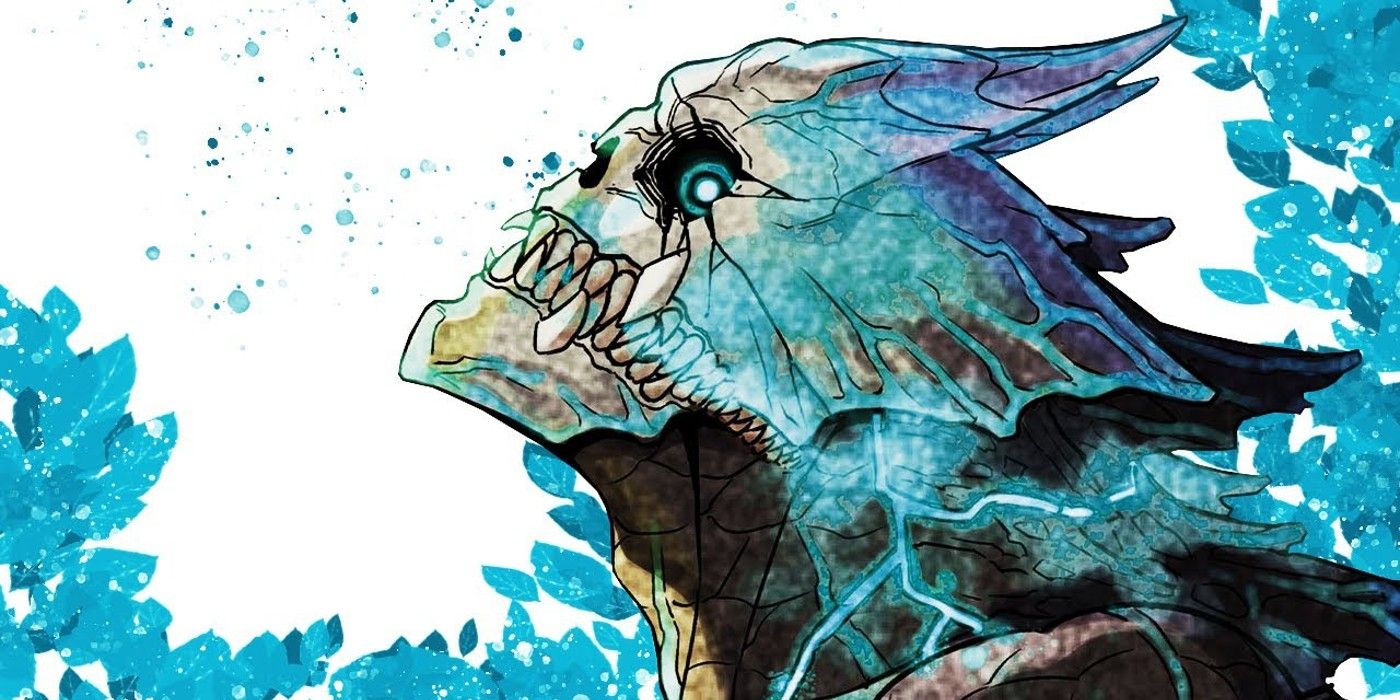
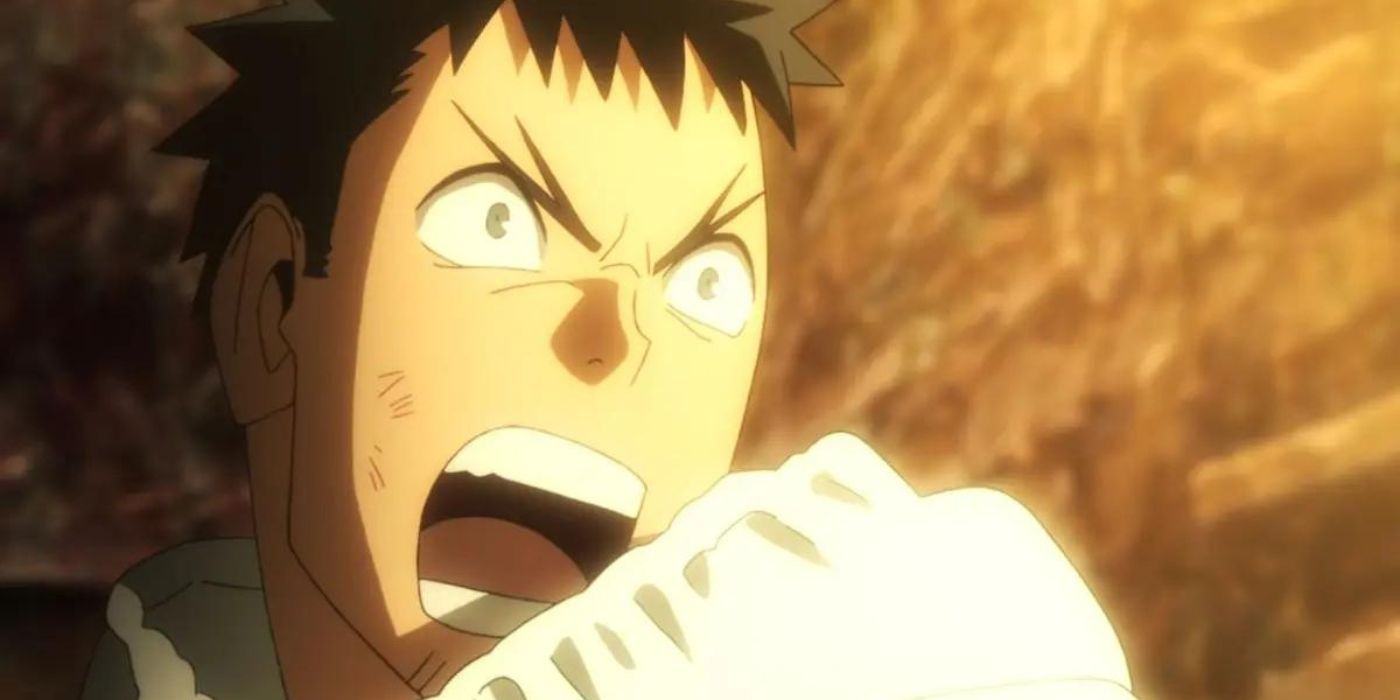
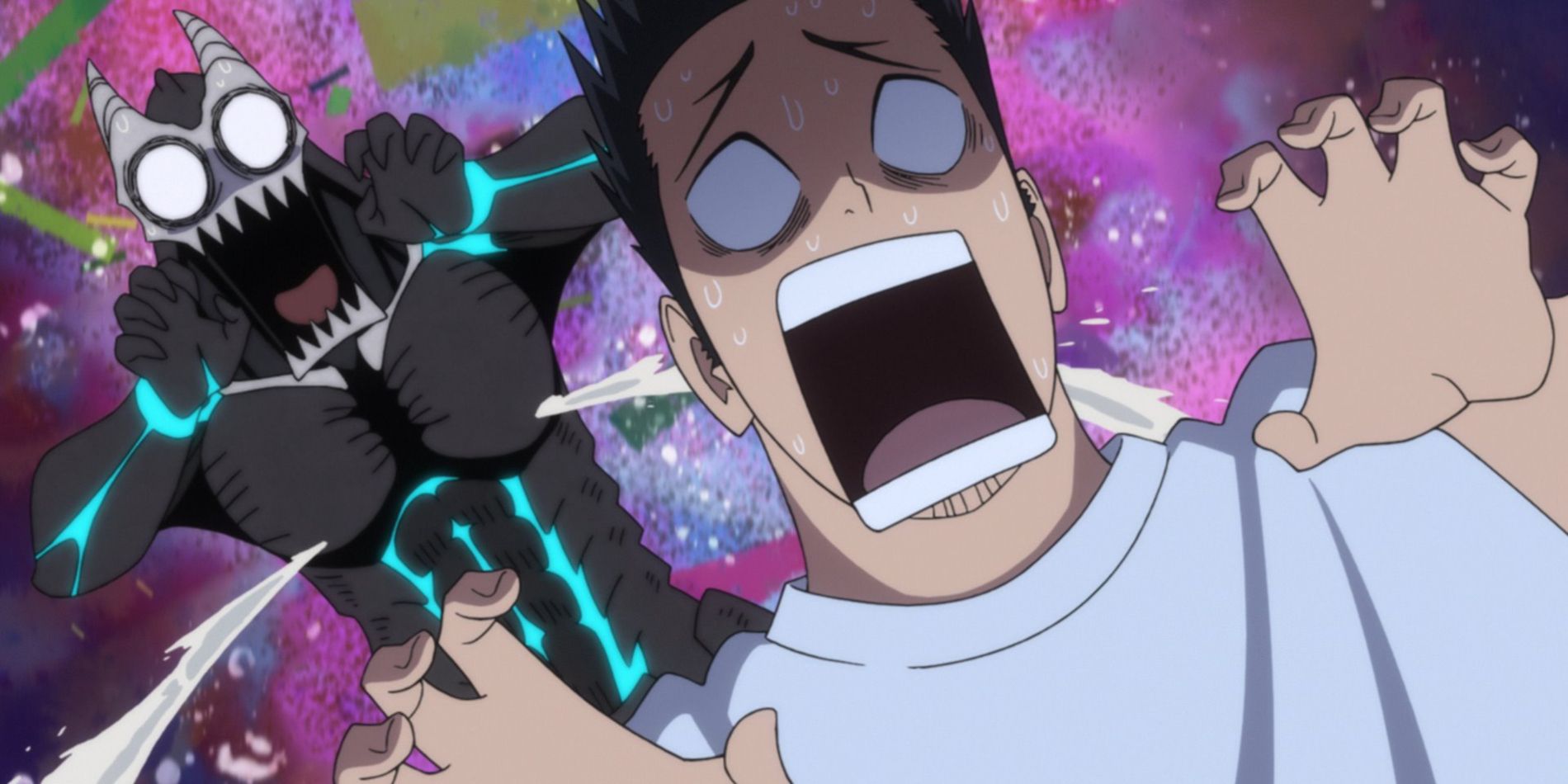





Naoya Matsumoto wouldn’t have known that, after being inspired by Shin Godzilla, the same director would be in charge of bringing his own kaiju to life in an animated adaptation. Kaiju No. 8 adaptation is animated by Production I.G. in association with Studio Khara, Hideaki Anno’s own production house, with him being responsible for developing the kaiju artwork and character design supervision. The fact that Matsumoto’s favorite studio made his work into anime achieved another of his dreams; he once joked with a friend, saying:
If Production I.G. or Studio Khara made an anime version of my manga, I’d accept it even if I had to commit seppuku after watching a preview of the first episode!!
That shows how much Matsumoto admired the studio, with their influences being very clearly seen in the series. He conveyed those feelings in the story which led to the creation of this workteam. Kaiju No. 8‘s anime adaptation has already made history and not only Kafka Hibino’s story of perseverance deeply resonates with people, but its author’s own path to success, which led him to work with his very own inspiration, is motivational to fans and stirs them to keep pursuing their dreams.
News
Fútbol masculino olímpico de París: España, Argentina y Francia compiten por el campeonato
– El campeón olímpico defensor Brasil no puede asistir a los Juegos Olímpicos de este año. Por ello, se le dio la oportunidad a las selecciones francesa, argentina y española. Calendario de la fase de grupos de los tres candidatos…
“Damn Oda married Nami”: One Piece’s Nami Helped Eiichiro Oda’s Wife Chiaki Inaba Meet the Love of Her Life
SUMMARY Eiichiro Oda’s One Piece has become extremely popular among fans since 1997. Chiaki Inaba’s cosplay of Nami at the Jump Festa 2002 made Eiichiro Oda fall in love with her. Fans react to the adorable love story of Eiichiro…
“It’s dark, it’s brutal”: Zoro’s Past Becomes Very Disturbing if This One Piece Theory About Kuina’s Death After Their Duel Comes True
SUMMARY One of Zoro’s biggest motivations for becoming the strongest swordsman in the world is the death of her friend Kuina. However, her death is a mystery as One Piece fans don’t believe that she could have just died from…
One Piece Chapter 1121 Spoilers
The One Piece manga is currently featuring the truth of the world as Vegapunk‘s broadcast continues. Even after their desperate attempts to stop the broadcast, the Gorosei fails miserably. One Piece Chapter 1121 will continue Vegapunk’s broadcast as he talks…
One Piece: Eiichiro Oda Subtly Dropping the Hint About Luffy’s Nationality Has a Connection to Finding Laugh tale That Exists in Spacetime (Theory)
SUMMARY Laugh Tale, an island located just a few arcs away, will require a great deal of work on the part of the crew as One Piece has entered the final tale. One argument suggests that Eiichiro Oda hinted at…
Messi dijo a los jugadores argentinos que no se burlaran de sus rivales
Según el centrocampista Rodrigo de Paul, el capitán Lionel Messi advirtió a los jugadores argentinos, pero aun así cantaron la canción “racista” a la selección francesa en su ausencia. Messi ha impedido repetidamente que los jugadores argentinos canten canciones de…
End of content
No more pages to load











